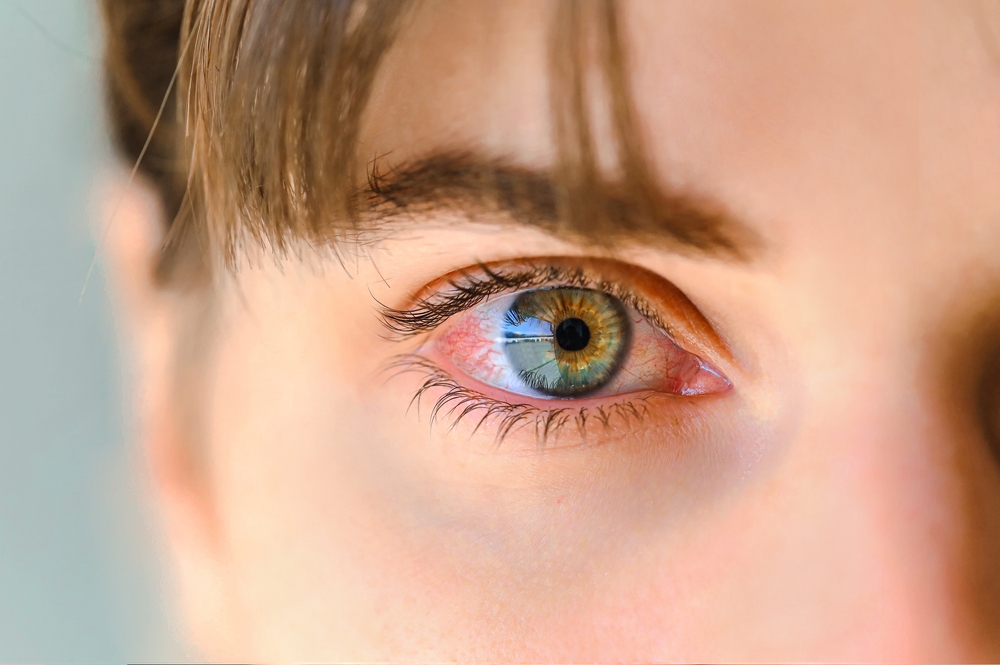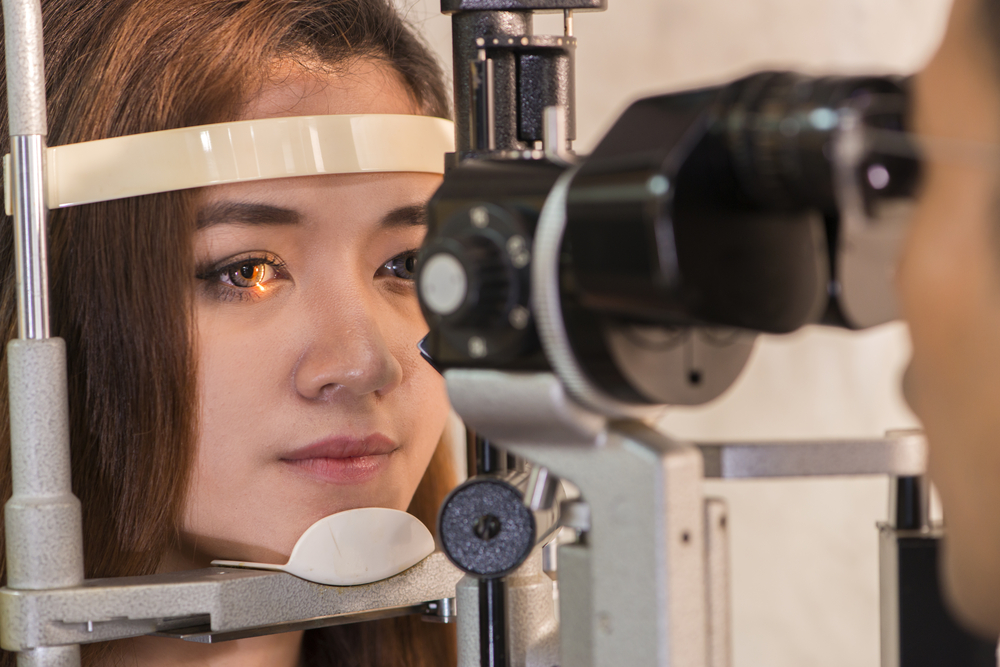Eye diseases can significantly impact your quality of life, affecting everything from daily activities to long-term vision health. At Magnolia Eye Group, we understand the concerns and challenges that come with eye disease diagnosis and treatment.
Our team of experienced optometrists utilizes advanced diagnostic technologies to identify and manage various eye conditions early, when treatment is most effective. We’re committed to preserving your vision and providing personalized care for all your eye health needs.



